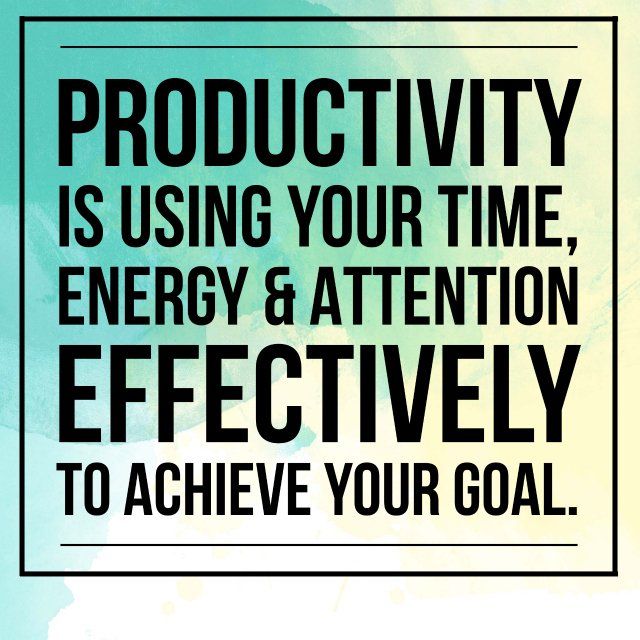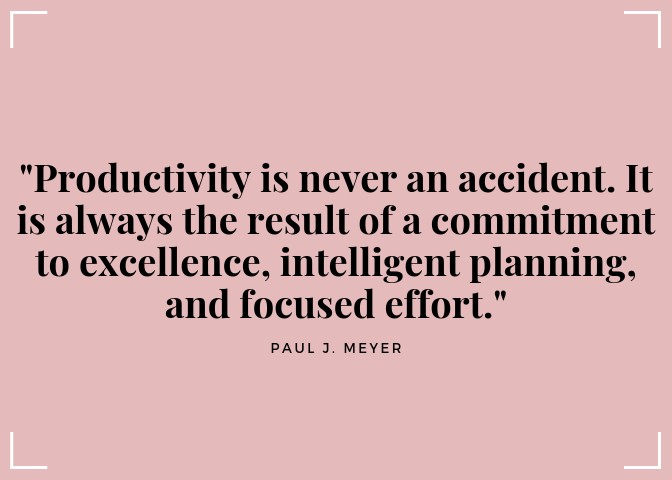Common Mistakes in Grant Applications
Grant writing is hard work. The last thing you want is for your work to be wasted! Here are some of the most common grant writing mistakes to watch out for, and rules to help you avoid them in your grant writing.
Mistake 1: Barking up the wrong tree

Before you begin an application, make sure your organization is a fit for the funder. If your organization’s focus area, ideology, approach to problems, population served, or priorities don’t align with the funder’s, your grant will not be competitive and your efforts will be in vain.
Confirming that your organization aligns with a funder requires you to carefully research each funder. Some funders clearly spell out their ideology and approach by providing a grant making philosophy or mission statement. For example, the White Family Foundation from Tampa, FL states on their website:
“Philosophically, the White Family Foundation supports organizations that excel at helping those in need while promoting self-reliance and personal responsibility.”
Other funders may not share their positions as publicly. If you can find contact information for the funder, try calling to learn more about their approach to funding through a personal conversation. Discuss the organization’s needs with the foundation staff to see if there is an interest/funding match.
If you can’t find a website contact or phone number for the funder, research the funder’s board members and the organizations that the funder has supported previously. Our Pathways to Growth team uses subscriber-only databases to look at organizations’ past giving, but a free Google search can also be enlightening. For example, you may learn that the board president is an avid hunter—which means he may not be as receptive to your organization’s vision of “a world without guns.” A foundation that gives large gifts to Planned Parenthood may not want to fund your pro-life counseling program. A Jewish funder may not support your mission to “share the gospel of Jesus with every man, woman, and child.”
Rule 1: Look for funders who are excited about what you do and how you do it. Grant writing takes time—spend that time wisely, writing to funders who are a good prospect for your organization.
Mistake 2: Right message, wrong time
So, you’ve identified a funder that is a good fit ideologically. Time to apply for the next grant cycle, right? Not so fast!
Research the funder’s funding opportunities. Many funders have multiple grant cycles and categories, and it’s important to “match” to the category and cycle that best meets your needs.
Talking with the foundation staff may help you do this. Websites provide general guidelines for funding categories, but foundation staff have better understanding of the details and can provide the best guidance about what funds match an organization’s service category, programs, and funding needs.
Here’s a real life example: Foundation A offers five types of grants. One of our clients originally planned to apply for Foundation A’s $10,000 grant category that would fit the client’s existing programming. However, when our grant writer talked with Foundation A, she learned about an opportunity to apply for a much larger grant category that would fund dream programming for multiple years.
Also, be wary of trying to fit a square peg into a round hole. If you miss the funding deadline for your category, wait until next year. Applying in the wrong category and getting declined may cause a 1-year wait until your next grant application, preventing you from applying in the correct category next year.
Rule 2: Make sure you’re applying in the category that makes the most sense for your organization’s goals.
Mistake 3: Mistakes in messaging
Once you’ve followed rules 1 and 2 and you’re applying for a grant that makes sense for your organization, use your words wisely!
- Avoid jargon and abbreviations that make sense to your staff, but not to a stranger. Asking someone outside of your organization to read your application can help you spotlight these “insider terms.” I have been lucky enough to use my sister, brother-in-law, husband, and babysitter as first reviewers of my grants in the past. I tell them, “if something doesn’t make sense as you read, let me know.” A funder has a stack of grants, and likely will not continue reading your proposal if it doesn’t make sense to him/her.
- Speak their language. When possible (and when you can still be ethical and accurate in doing so), try to use a funder’s terminology. For example, one of our most successful clients is a nonprofit preschool that serves children who reside under the federal poverty line. Funder A may refer to these children as “children from low-income households,” which doesn’t contradict our term, so we will use “children from low-income households” in our application for Funder A. Funder B may use the term “economically disadvantaged children,” which also doesn’t contradict our term, so we use that term for Funder B.
- Write with the head AND the heart. It can be tempting to ONLY share heartfelt testimonials, or just to document the successful metrics from your organization’s last evaluation. As you review the grant you’re writing, ask yourself: do I have an emotional tug? AND do I have “proof” that what we’re doing is needed and that it works? A successful grant application will address both.
NOTE: This is a general rule. Exceptions to this rule are very rare, but do exist. There are occasionally funders who say: “make me cry!” and “I don’t want your evaluation plan”—or a government agency whose cumbersome federal grant leaves no space for emotion. Always respond to the requirements and preferences of the funder.
Rule 3: Know your audience and speak their language.
Mistake 4: Rush jobs
Organization is a key part of writing successful grant applications. Work far ahead to ensure that you have time to obtain all of the necessary information and documents, develop appropriate budgets, AND have an editor review your grant package (the application and all required documents) for grammar, internal consistency, accuracy, and completeness. When multiple contributors are working on an application, it is easy to overlook details and forget to incorporate changes throughout an entire application. Identify an editor, and set him or her up for success by finishing well in advance of the application deadline.
Make sure that you review your finished grant package against the original grant application before submitting. Sometimes, questions may get merged or pages may get lost.
Remember that every time you submit something to a funder, you are presenting your organization and its reputation for review. If you haven’t had time to ensure an error-free, complete, and thoughtful document, you won’t win—and you are not leaving a good impression with the grant committee or foundation staff. The negative impression from this grant application may carry forward to future applications.
Rule 4: Give yourself enough time to complete an application. If you can’t produce an error-free application, consider sitting this grant out.











